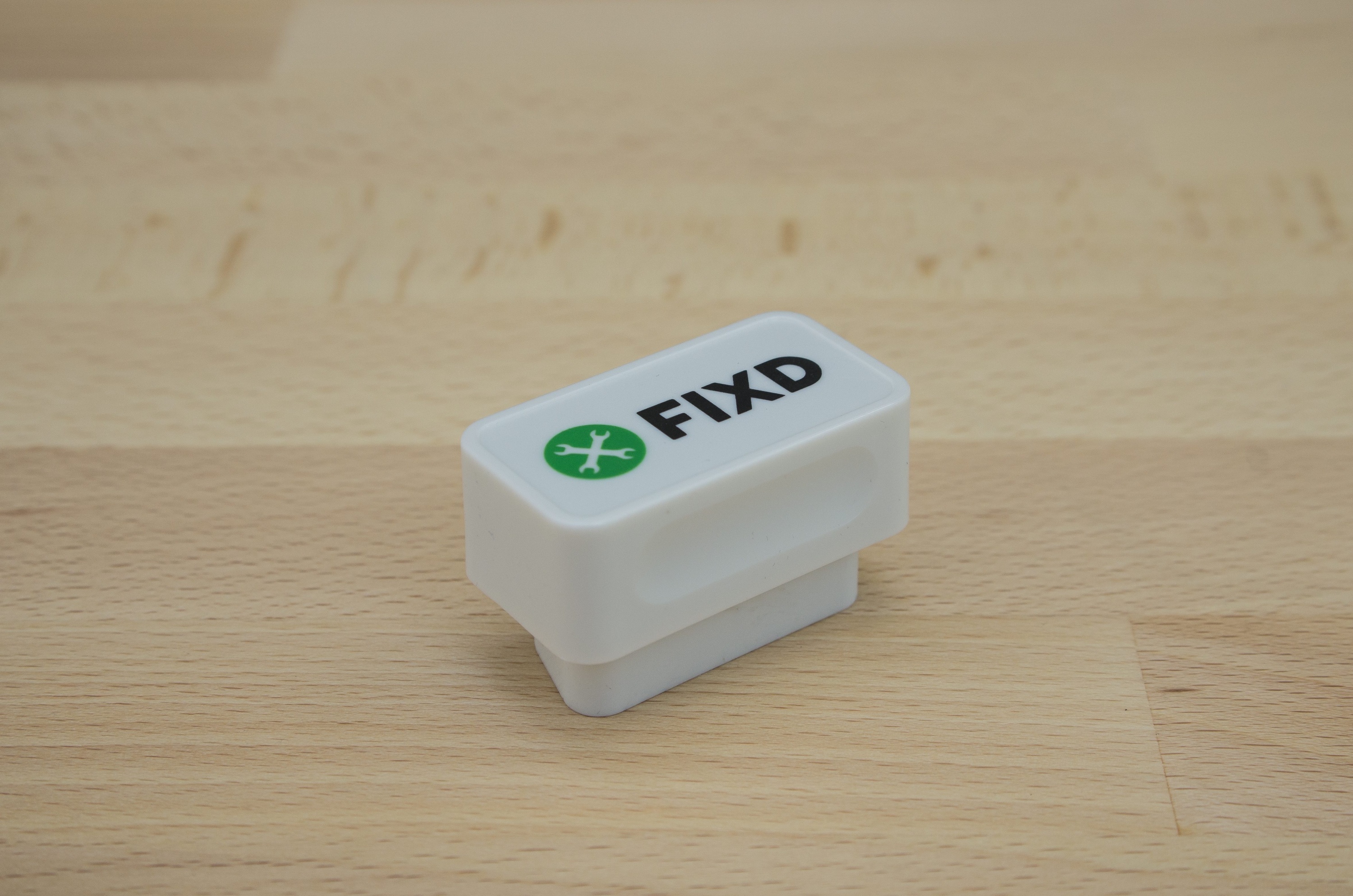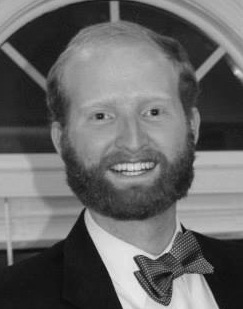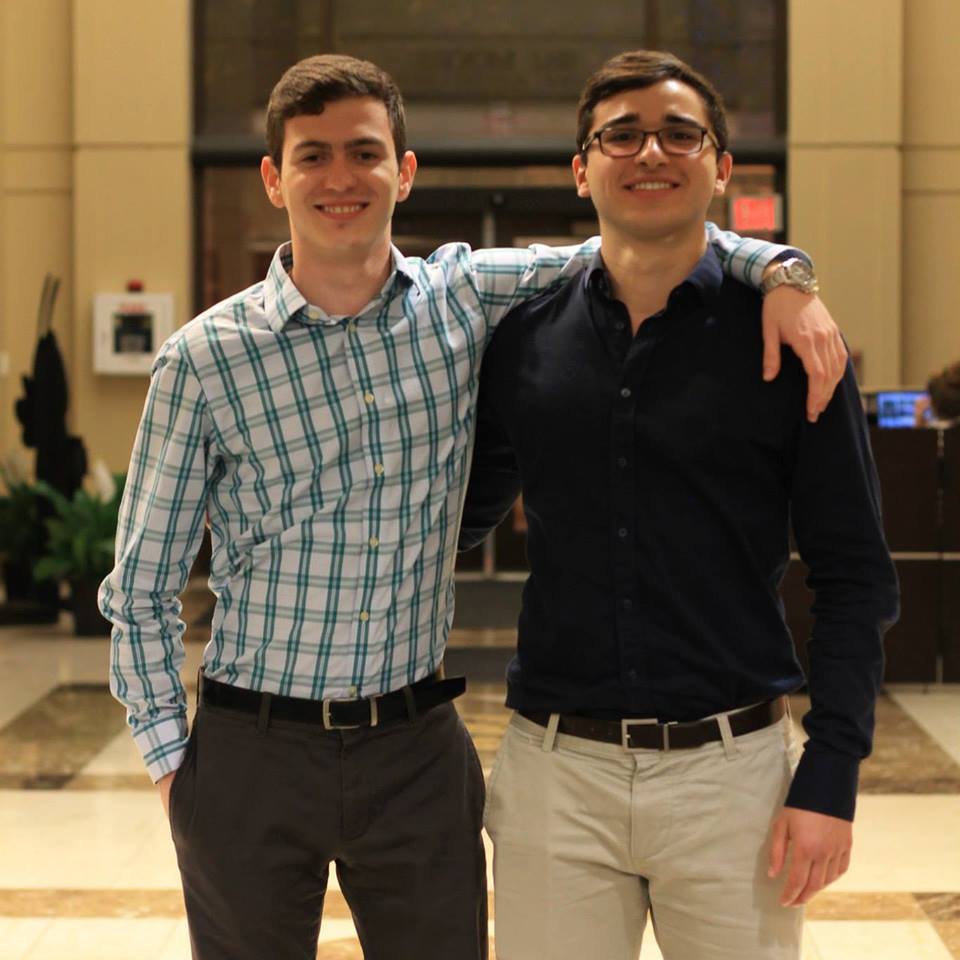We all know about Silicon Valley as the place for startup ventures. That said, Georgia Tech now offers a variety of ways for students to gain entrepreneurial experience: The InVenture Prize and VentureLab are already well known for helping students get their new businesses up and running, but attracting increasing attention is CREATE-X.
“CREATE-X is an initiative to instill entrepreneurial confidence in our undergraduate students.” says CREATE-X director Raghupathy Sivakumar, also Wayne J. Holman Chair Professor in the School of Electrical and Computer Engineering.
CREATE-X is an umbrella program that encourages students to learn about starting their own business, make their product, and then launch their own startups. In particular, Startup Summer is the “launch” portion of CREATE-X. Each startup team is given seed money, legal guidance, and hands-on help to get their businesses going. Recently, two ISyE students participated in Startup Summer on two different teams, and both students are living different versions of the startup life.
In Frederick Grimm’s case (BSIE 2014), he came to Georgia Tech specifically because he was interested in entrepreneurship. However, Grimm’s path to his current startup, FIXD, did not take a direct route. He originally participated in Startup Summer 2014 with a team called Sucette, which developed temperature-sensitive pacifiers. Due to development complications, he and his partner, Rachel Ford (BSBME 2015), are pursuing a patent for Sucette but have otherwise put the company on hold.
At the time, Grimm had graduated and planned to work for McKinsey in August 2015, but that left a gap of eight months to fill, so when he was invited to join FIXD – another Startup Summer team on which Ford was also working – he took the opportunity. Grimm has been with FIXD ever since.
The FIXD team – four of whom are Georgia Tech alums and two of whom are current students – has developed a diagnostic sensor that plugs in below a car’s steering column, and then connects via Bluetooth with an app they created. Once the app is opened, if the car’s check-engine light is on, the app will identify the problem and its severity, and translate this information back to the operator in comprehensible English. “We’re trying to help people better understand and maintain their cars,” explains Grimm. “You can leave the sensor plugged in and whenever you have a problem, it’s like a roadside assistant or a mechanic in your car.”
When asked how his background in IE helps support the rest of the FIXD team, Grimm says, “My role right now at FIXD is business strategies; we’re looking at forming a lot of larger partnerships that can help us distribute our product and increase our revenue. We have mechanical engineers, computer science majors, electrical engineers, and they’re very much concerned with building the product.” In the longer term, Grimm very much sees an IE component for FIXD: He gives the example of aggregating data from customers to create a knowledge base for when specific parts will be needed based on a car’s mileage, make, and model. This will enable auto-parts stores to carry certain parts at certain times. He describes this as a way to “better manage the supply chain.”
Grimm is fully committed to helping FIXD take off and getting the product into the hands of consumers. Having decided not to pursue his job at McKinsey, he’s living the full-time startup life: “It’s a lot of work. You wake up in the morning and talk to people all day and try to get your product off the ground – there’s not a lot of separation between work life and [personal life] right now. It’s fun because I enjoy it. That helps a lot.” He adds, “I don’t want to make it sound like it’s the easiest path ever – all the profits we’re making we’re reinvesting back in the company, so we’re not taking a salary at the moment, just drawing off savings. We’re going through the investment process right now.”
In fact, in terms of funding, FIXD has taken the path of many startups – by launching its own Kickstarter campaign in September 2014. The campaign was 100 percent funded and attracted the attention of such tech-oriented websites as Mashable and Engadget, as well as support from the Georgia Tech community. And, as Grimm noted, the campaign verified that FIXD is creating a product that consumers want and need.
Grimm recommends CREATE-X – and specifically, the Startup Summer program – for fellow IEs without reservation: “I feel like sometimes ISyE students feel like they’re at a disadvantage in terms of these startup programs because we’re not taught to build physical objects. But that doesn’t mean we don’t have value on a startup team. ISyE students are very entrepreneurial themselves. I feel like I can see an idea and see the potential in it. A lot of classes teach [you to consider] how from a theoretical perspective can I optimize this? How can I take this from a small idea and make it huge potentially? If you have a team of all MEs, eventually they’re going to face roadblocks that IEs could help them solve.”
Ricardo De Andrade, who is currently a junior in ISyE with a double major in computer science, also went through the Startup Summer process this past summer, with the Shortweb team. Shortweb, as he describes it, “makes it extremely easy for people to do research by allowing them to search, aggregate, and reference the information they care about. We're making a research engine that delivers content that you can aggregate into relevant topics. We take it a step further than Google. Our search results aren't web pages, they are highlights of the relevant web page's content. Ranking of search results is based on content relevance and not page relevance.”
Although both companies were launched via Startup Summer, Shortweb’s development took a slightly different route than did FIXD. First, the Shortweb team participated in HackGT, Georgia Tech’s national hackathon, and then in the University of Michigan’s equivalent, MHacks. Ultimately, Shortweb reached the finals for GT’s 2015 InVenture Prize – all of which was encouraging. So, when summer arrived, De Andrade had a decision to make: study abroad in France, while co-founder Miguel Oller (BSME 2015) interned on Wall Street, or together spend the summer developing Shortweb. In the end, he says, “We decided to apply to Startup Summer because we though that being part of an accelerator was going to bring a lot of value to the company, which it did. We managed to finish a usable product by the end of summer.”
De Andrade is currently balancing the demands of starting his own company with being a full-time student. He typically wakes up between 2 and 4 AM and works on Shortweb until lunchtime. After lunch, he goes to class and takes care of school responsibilities such as homework until 8 PM. Then, work on Shortweb begins again until midnight, which is when he finally sleeps. When asked what drives him to keep such a demanding pace, De Andrade explains, “Learning. One of the things that I like the most about entrepreneurship is how much one can learn in such a small amount of time. For example, during the summer, Miguel and I taught ourselves a new computer language, and we built the whole app with it. With Shortweb, I feel that I have learned so much, not only technical stuff, but also in business, legal, marketing, and many other fields.”
Shortweb is evolving quickly, he adds. It started out as a Google Chrome extension that let people highlight stuff in any website. De Andrade and Oller have further tweaked the idea, and they are building a research engine that will help people find relevant content online. Anyone from bloggers to students can benefit from this.
Like Grimm, De Andrade talks about how Georgia Tech encourages entrepreneurship in its students, and how IE fits in well with business: “When I arrived to Tech, I was not thinking at all about building my own company. As time passed, I became aware of the entrepreneurship environment that was flourishing on campus. With Shortweb I have learned that entrepreneurship is what I really want to do, because it is what I am really passionate about. IE may sometimes teach concepts focused in big, well-established companies, but almost everything that is learned during the degree can actually be applied to one’s company. IE and entrepreneurship are not mutually exclusive.”
Sanjay Parekh, Associate Director of CREATE-X, has plenty to say about nurturing entrepreneurship in Georgia Tech’s students. “This is really the next frontier for universities; we’re educating them to get jobs but we need to educate them to be able to create jobs. This is really going to change the face of Georgia Tech. I can’t wait for the day when there are kids saying, ‘I want to go to Georgia Tech because I want to be an entrepreneur, and they have this great program. That’s going to couple with the engineering that I know I want to do, so I can start this great company.’”
Silicon Valley, watch out.


